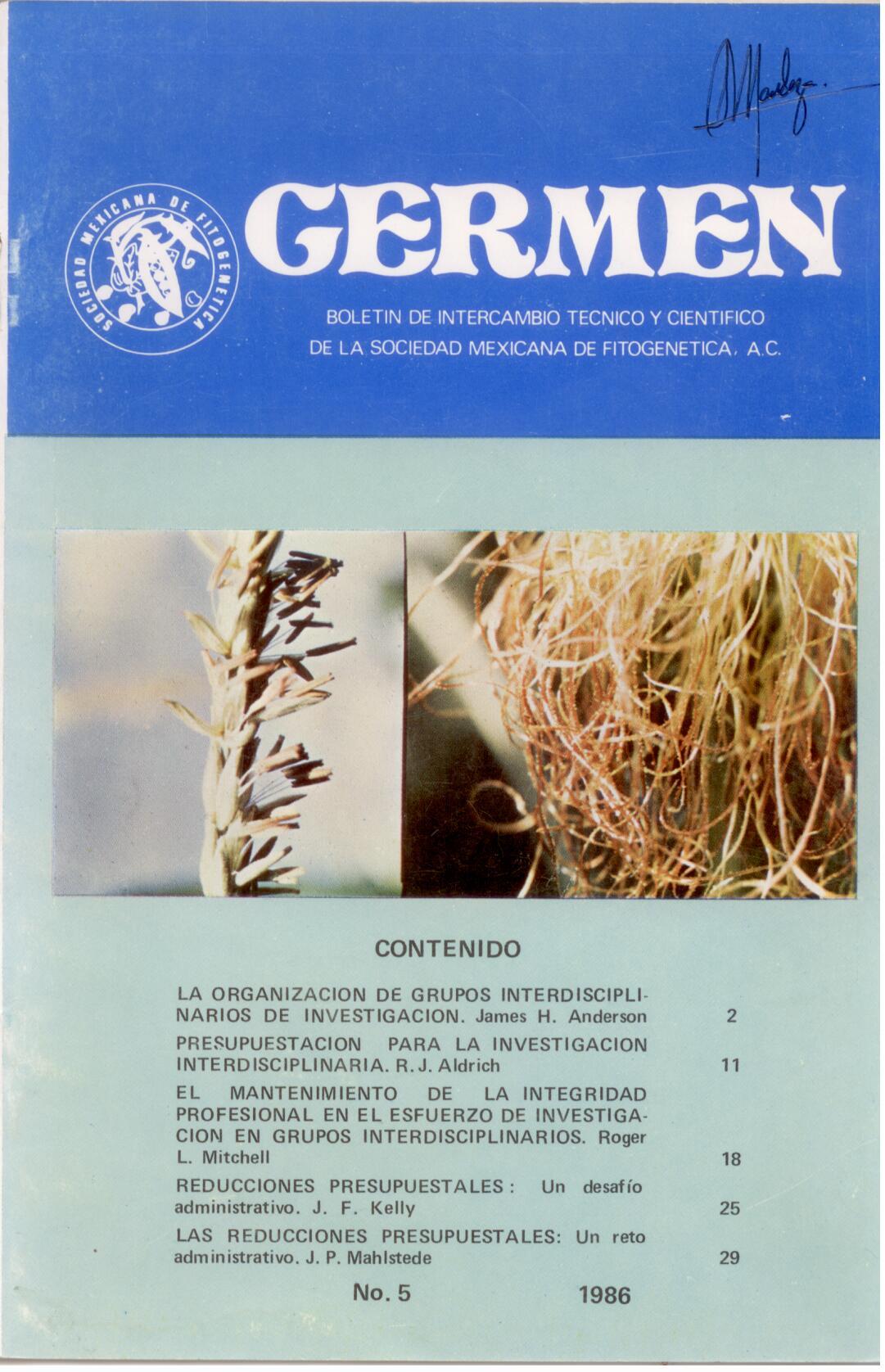MAINTAINING PROFESSIONAL INTEGRITY IN THE EFFORT RESEARCH IN INTERDISCIPLINARY GROUPS
Main Article Content
Abstract
The identity and integrity of our professional disciplines are of particular importance. We believe that these disciplines make unique contributions in the university intellectual environment, in the research laboratory or in the experimental field, in addition to the contribution to the solution of problems that the citizens of our various states, the nation and, in fact, expect of us. , the world community. Each of us has invested a large part of our lives in the construction and maintenance of a specialized and unique foundation and basic structure. We feel the need to keep other people informed about the intellectual areas in which we are prepared to serve. Although we have not resorted to unionism to maintain our positions, we spend a lot of energy in committee meetings, in the review of curricula, in the development of Master's and Doctorate programs, in the review processes for promotions and obtaining a base; as well as in the activities of scientific societies, to ensure their performance based on the quality and preparation of our colleagues, and also to maintain our own professional integrity.
The organizers of this meeting were aware of the activities and attitudes outlined in the preceding paragraph. I imagine that after they agreed to schedule presentations on organization and budgeting for interdisciplinary groups, they stopped and reflected, "Have we made arrangements so that sufficient emphasis is given in this scheduling to the source of energy that each of us has?" should the members of the group provide, that is, their professional excellence?"
Let's reflect on what makes up an interdisciplinary group. Departments may be product-oriented, or they may be so diverse in composition that they are interdisciplinary in nature. Food science is a useful example. Today, food scientists may come from different departments and participate in an interdisciplinary effort as a group, or perhaps as an institute, or perhaps they may form a new department. Each of these alternatives gives rise to significant potential for interdisciplinary activity. Groups working in an experimental field are usually interdisciplinary in nature, and here the opposite challenge is presented; That is, determining how the members of a group of researchers can be stimulated and keeping them up to date with advances in their own professional area.
Article Details

This work is licensed under a Creative Commons Attribution-NonCommercial-ShareAlike 4.0 International License.

